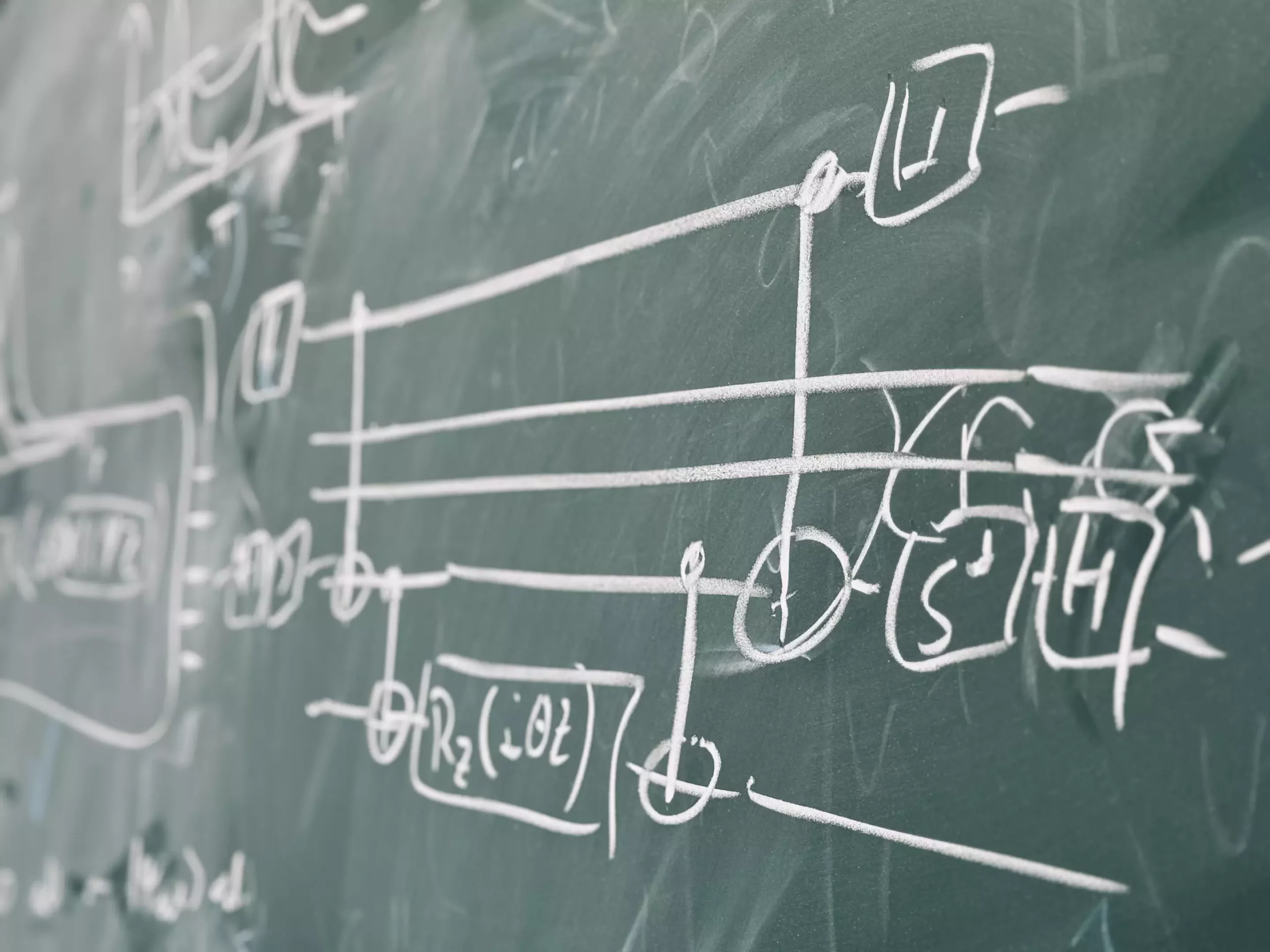Quantum computers have shown great promise in outperforming conventional computers in various information processing tasks. However, their large-scale deployment is hindered by their sensitivity to noise, which leads to errors in computations. While quantum error correction is a technique designed to address these errors on-the-fly, quantum error mitigation takes a more indirect approach by running error-filled computations till completion and then inferring the correct result. Recent research has shown that quantum error mitigation techniques become highly inefficient as quantum computers scale up, indicating that it may not be a long-term solution to the noise problem in quantum computation.
The study conducted by researchers from Massachusetts Institute of Technology, Ecole Normale Superieure in Lyon, University of Virginia, and Freie Universität Berlin delved into the limitations of quantum error mitigation as quantum computers grow in size. While quantum error mitigation was initially seen as a more accessible solution compared to quantum error correction, the research revealed that these simpler mitigation schemes require running the system a significant number of times, making them inefficient for large-scale quantum computing.
One example of a mitigation scheme that the researchers found to have limitations is the ‘zero-error extrapolation.’ This method involves increasing the noise in a system progressively and then converting the results of the noisier computation back to a zero-noise scenario. However, this approach is not scalable, as increasing noise in the system to combat errors is counterintuitive and ultimately hinders the efficiency of the computation.
Quantum circuits, composed of layers of quantum gates, pose a challenge in error mitigation as noisy gates introduce errors at every layer. This leads to a paradox where the need for deep circuits to perform complex computations conflicts with the increased noise levels that come with deeper circuits. The research highlighted that some circuits accumulate errors at a much faster rate than anticipated, making error mitigation efforts unfeasible, regardless of the algorithm used.
As quantum circuits scale up, the study found that the resources and effort required for error mitigation also increase significantly. The inefficiency of quantum error mitigation on a larger scale suggests that alternative approaches must be explored to address the noise issue in quantum computation effectively. The research team emphasizes the importance of developing more coherent schemes for error mitigation to optimize quantum computing performance.
The findings of this study could serve as a guide for quantum physicists and engineers in developing more effective strategies for mitigating quantum errors. By understanding the limitations of current error mitigation techniques, researchers can focus on devising alternative approaches that are scalable and efficient for large-scale quantum computing. Future studies may explore the use of randomized benchmarking and other techniques to overcome the challenges identified in this research, paving the way for advancements in quantum error mitigation.
The study sheds light on the inefficiency of quantum error mitigation in addressing noise in large-scale quantum computing. While these findings present challenges, they also present opportunities for exploring new avenues in error mitigation that are more effective and scalable. By acknowledging the limitations of current techniques, researchers can work towards enhancing the reliability and performance of quantum computers in the future.


Leave a Reply